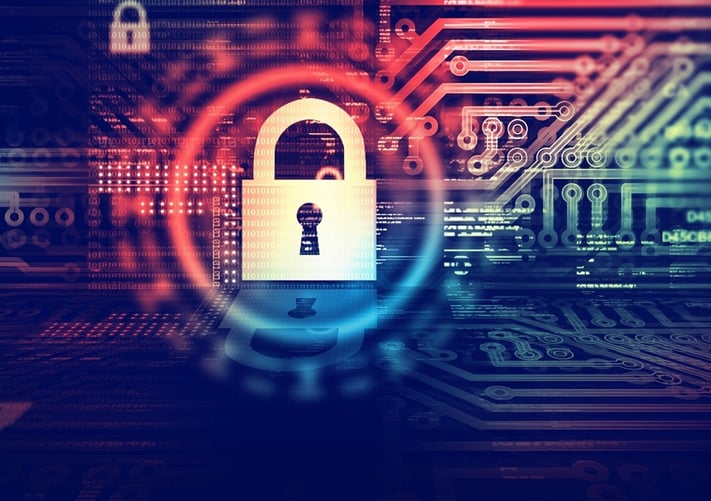
The internet is a realm of discovery, making new and old information easily accessible, but in this realm, there are some threats to look out for: unfamiliar software, viruses, hackers, etc. The internet can be great as long as you install security software and take precautions when it comes to anything suspicious. There are many lifestyle changes in senior living, you do not want your lifestyle to be compromised by online threats. Here are some ways to practice cyber safety:
- Utilize Cyber Security Software
Cyber security is there to help. Run security scans to make sure there's no suspicious activity on your computer.
- Email or Spam?
If an email requires urgency, but doesn't quite seem right, take a step back and evaluate the situation. If it's from a company you are familiar with, call the company directly to find out if they sent the email or not. If they didn't send it, don't open it. Report it as spam right away. If it's a link in the email, it could be a way to get personal information. Again, don't click on the link- put the mail in your spam folder.
- Create Strong Passwords
In order to make sure your accounts won't be hacked, a strong password is key. Mixing capital and lowercase letters along with numbers helps to keep your online accounts secure. The ideal length of a strong password is 12 characters. Make the password unique, something only you would know!
- Be Careful With What You Share Online
Releasing too much information on the internet (such as Facebook) can ultimately leave you in a vulnerable spot. For example, sharing that you'll be on vacation for a week can leave your home in danger. Be careful what you share with your "friends."
- Bring In An Ally
If you're still confused, ask someone your trust, like a family member, to guide you through the internet. Having an ally can help you learn more about technology and cyber security!





